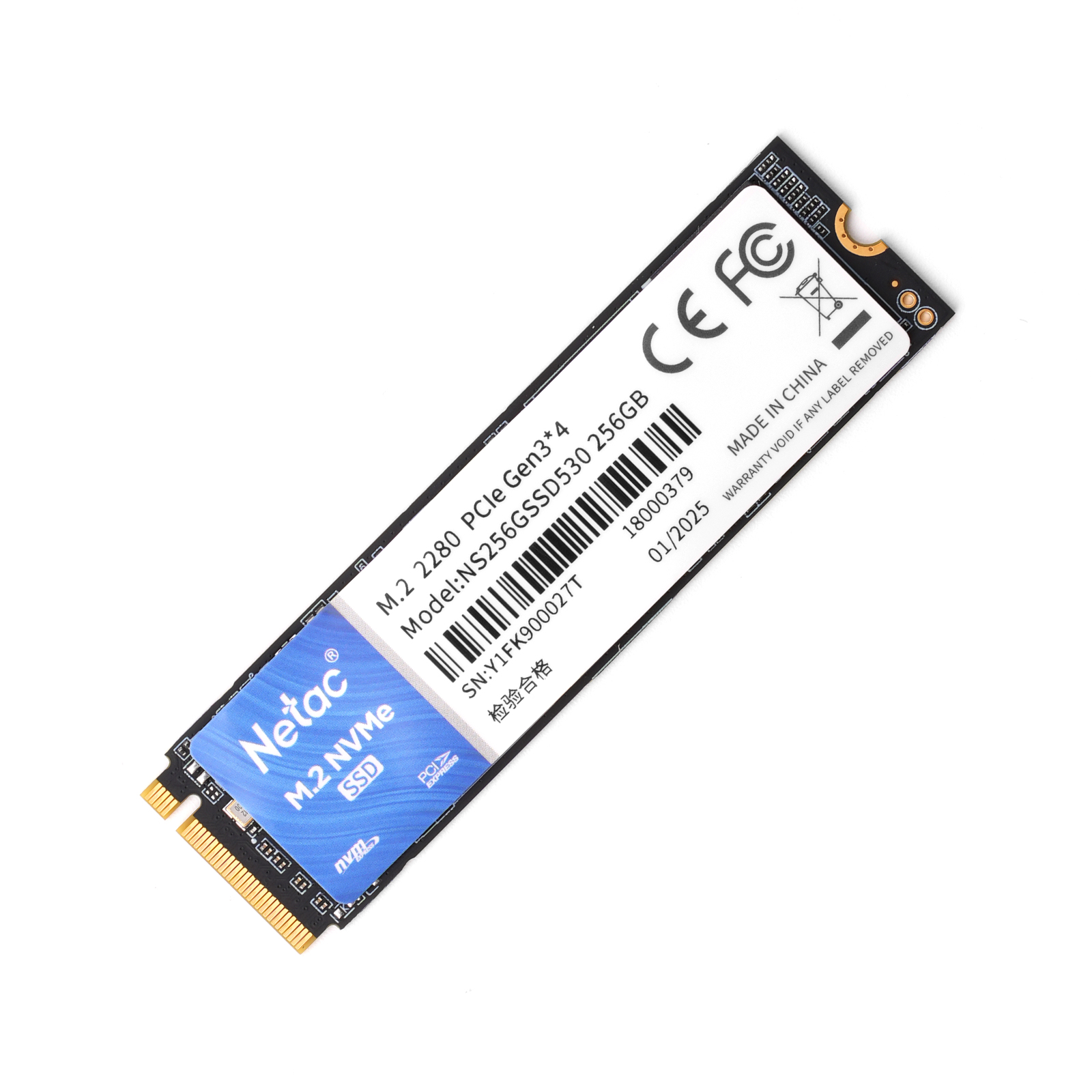SSD
1. Key Features
| Feature | Description |
|---|---|
| Capacity | 256GB / 512GB / 1TB |
| Form Factor | M.2 2280 (22mm × 80mm × 2.3mm, weight ≤9.5g) |
| Interface | PCIe Gen3 ×4, NVMe 1.3 protocol |
| Flash Type | 3D TLC NAND (supports ×2/×4 interface) |
| Performance (1TB typical) | Sequential Read: 3234 MB/s Sequential Write: 3099 MB/s |
| Power Consumption (1TB typical) | Active Write: 2989mW Active Read: 2733mW Idle: 693mW |
| Operating Temperature | 0°C to 70°C (Storage: -40°C to 85°C) |
| Reliability | MTBF > 2M hours Supports SMART monitoring, dynamic/static wear leveling, RAID engine protection |
| Advanced Features | NANDXtend ECC correction, Over-Provisioning |
2. Specifications
Basic Specifications
| Parameter | Specification |
|---|---|
| Interface Speed | PCIe 3.0 ×4 (8Gb/s per lane) |
| Supported Command Set | NVMe 1.3 standard commands Power management (ASPM/APST) SMART health information |
| Endurance (TBW) | 256GB: 160TB 512GB: 320TB 1TB: 640TB |
| Humidity | 90% RH (40°C non-condensing) |
Electrical Specifications
| Parameter | Specification |
|---|---|
| Supply Voltage | 3.3V ±5% |
| Pin Definition | Standard PCIe pins Includes 4 differential signal channels Supports L0/L1 low-power states |
3. Series Model Comparison
Performance Comparison (Typical Values)
| Model | Seq. Read (MB/s) | Seq. Write (MB/s) | Rand. Read (K IOPS) | Rand. Write (K IOPS) | Power (Active Read) | Power (Active Write) |
|---|---|---|---|---|---|---|
| NS256GSSD530 | 3190 | 3061 | 135 | 64 | 2041mW | 1423mW |
| NS512GSSD530 | 3228 | 3090 | 134 | 75 | 2921mW | 1598mW |
| NS1T0BSSD530 | 3234 | 3099 | 132 | 92 | 2733mW | 2989mW |
Test Conditions
- Hardware Platform: Intel i9-9900X + 32GB DDR4 + X299 chipset
- Software Environment: Windows 10 x64
CrystalDiskMark 8.0 / AS SSD 2.0 / IOMeter - Note: Performance may vary based on system configuration, firmware version, or temperature fluctuations.
4. Usage Instructions
Installation & Compatibility (Pending installation images and system commands/images)
- Physical Installation:
- Power off device, insert SSD into M.2 2280 slot, secure with screw
- System Configuration:
- Enable AHCI mode and NVMe drivers,disable power-saving modes in power management for optimal performance
Precautions
- Temperature Control: Avoid prolonged high-load operation (>70°C), improve chassis cooling
- Data Security: Regularly back up critical data to prevent corruption from sudden power loss
- ESD Protection: Wear anti-static gloves during installation to prevent component damage
